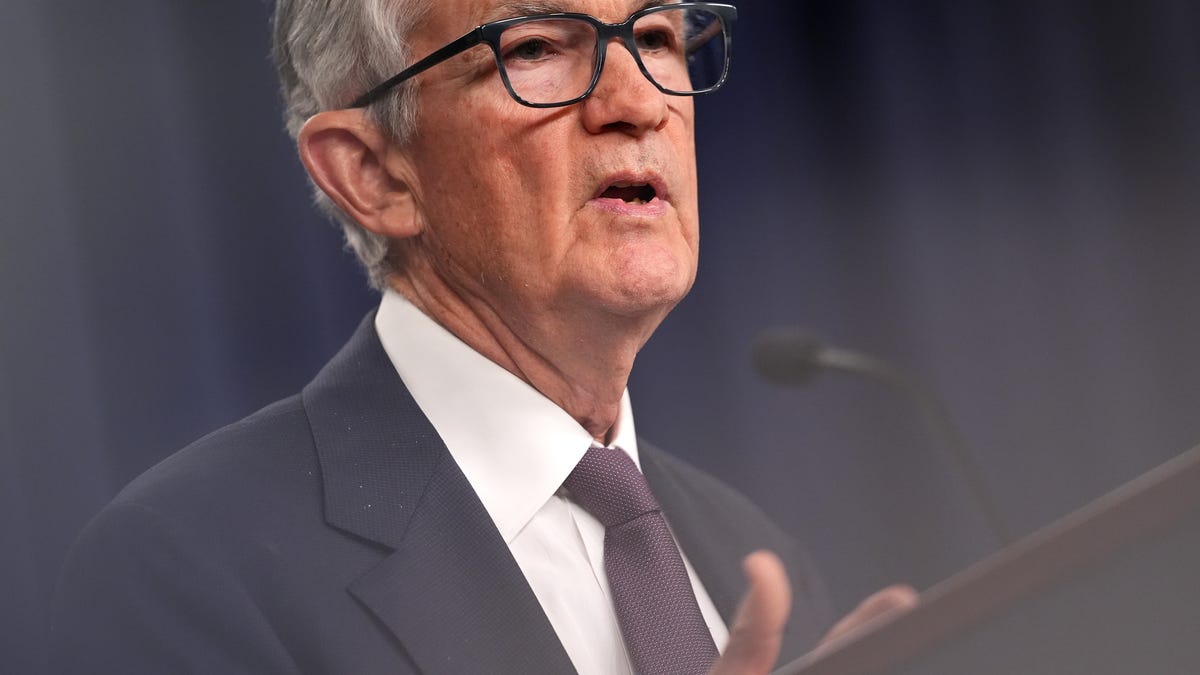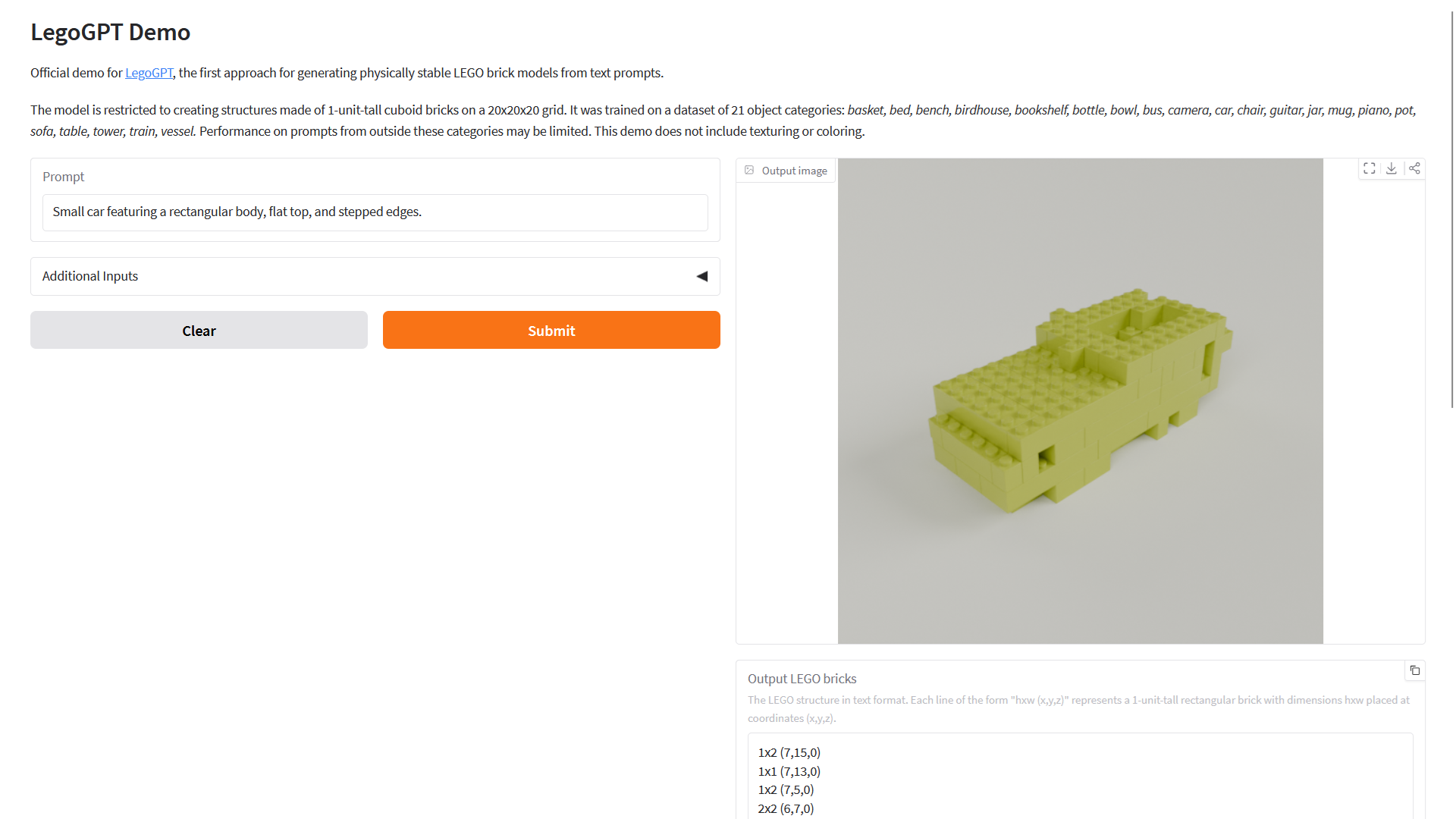Norway Wealth Fund is freezing hiring to focus on AI use, despite research showing AI projects seldom offer a return in investment
CEO Nicolai Tangen told Fortune the task of monitoring the risks of its 9,000 investments now takes minutes thanks to its AI.

- The Norway Wealth Fund will take steps to invest more in AI and other technologies and put a pause on hiring new staff, according to CEO Nicolai Tangen. Tangen previously told Fortune its AI has significantly reduced the amount of time needed to monitor the risks of the companies in which it invests. A recent IBM survey of 2,000 CEOs found that despite continued investment in AI, most companies did not see a return in investment.
The Norway Wealth Fund, the world’s largest sovereign wealth fund, is putting a pause on hiring, focusing on investing in technology such as AI to drive productivity, according to CEO Nicolai Tangen.
“We do not foresee the number of employees increasing any further,” Tangen said in a Tuesday meeting with lawmakers in Oslo, Bloomberg reported.
The wealth fund, or Norges Bank Investment Management, employs 676 people across offices in Oslo, London, New York and Singapore, as of the end of 2024, according to its annual report. The year prior, it had 654 employees, up from 572 in 2022. Responsible for managing a $1.8 trillion fund, the fund invests in about 9,000 companies globally.
“We’re spending a lot of time on how to get the most performance out of the fund,” Tangen told Fortune’s Peter Vanham prior to the Tuesday meeting. “We’ve increased the level of ambition, to get speed in the organization. We encourage the use of AI to drive speed and efficiency.”
The Norway Wealth Fund this year measured employees’ responses to the technology and found in internal surveys employees reported an average 15% increase in productivity because of AI tools. The technology has significantly cut down on the time needed to monitor risks of the companies in which it invests, Tangen said.
“Before it could take days, now it takes minutes,” he said. “We have a risk department that sells down positions with high risks as an outcome.”
Norges Bank Investment Management did not respond to Fortune’s request for comment.
AI’s drawbacks in the workforce
Betting big on AI hasn’t been all it’s cracked up to be for some major companies. After implementing a hiring freeze and touting its AI chatbot, powered by OpenAI, could complete the work of 700 human agents, Klarna CEO Sebastian Siemiatkowski has changed course. He conceded last week that AI had its limitations and said the company would resume hiring human workers.
“As cost unfortunately seems to have been a too-predominant evaluation factor when organizing this, what you end up having is lower quality,” he told Bloomberg last week. “Really investing in the quality of the human support is the way of the future for us.”
A Klarna spokesperson previously told Fortune the company was “very much still AI-first” and will keep its policy of not replacing employees who leave, instead hiring freelance customer-service agents for its outsourcing division.
Other chief executives have come to similar conclusions. Of 2,000 CEOs surveyed, a quarter of them said AI projects delivered the promised return on investment, according to an IBM study published earlier this month. Only 16% reported those projects were scaled across the enterprise.
Regardless of AI’s limitations, companies will likely continue to invest heavily in the technology, with 64% of CEOs saying they’re going all-in on AI out of fear that they’ll fall behind other companies if they don’t, according to the IBM survey. About half of them said using AI has generated value beyond cost reduction.
The gamble on AI may continue to impact workforce numbers. Timothy Young, CEO of marketing platform Jasper.ai, said he believes AI will continue to impact future hiring practices, including potentially hiring for fewer entry-level positions.
“With the commoditization of intelligence, it’s not about having the smartest people anymore,” he told Fortune’s Diane Brady. “It’s about developing your staff to have management skills because every employee in the next 12 months is going to have a series of agents that are helping them do their work.”
“There is a lot of power in the junior employees, but you can’t leverage them the same way that you would in the past,” he added.
This story was originally featured on Fortune.com























































































































































































